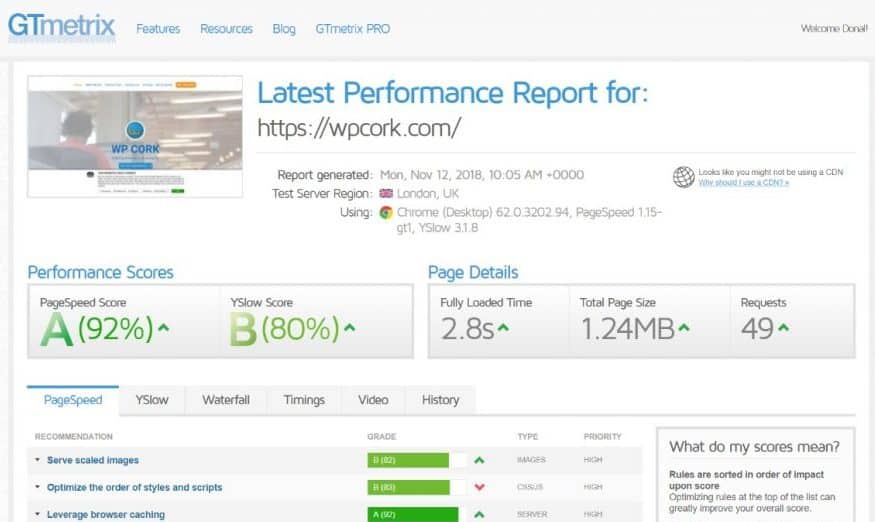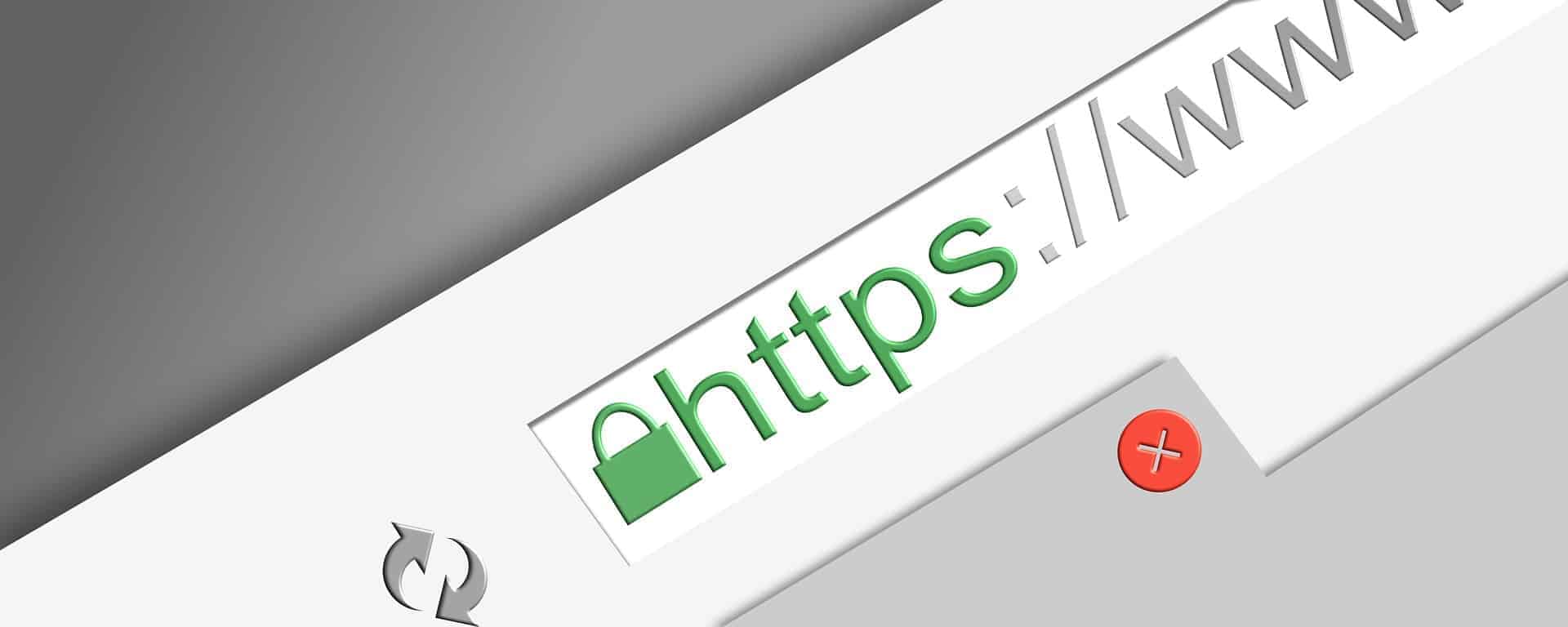As we use websites more and more for private and personal communications, making users feel safe when their using your website is paramount. One of the easiest ways to do this is to have an SSL certificate, and here’s what they do, and how to get one…
Firstly, an SSL certificate is an electronic document that contains information including a “digital signaure” that allows browsers like Chrome and Safari to check if the website that they are connected to is genuine, and then all information between the browser and the website source (the server) is encrypted.
HOW TO GET AN SSL
In July 2018 Google released an update that they will start penalising slow websites as part of their ranking factors. The tipping point for fast verses slow is at the 3 second mark, as this is the point (in Googles view) where a user will start getting annoyed and possibly move on to another site (the next search result…). This 3 second mark gives you a target to aim for to please the great Google Overlord of search.
HO TO INSTALL ACTIVATE A CLOUDFLARE SSL
The second reason to be concerned about having a slow website is the same as Google’s; Your visitors (and customers when you’re selling online). If you value your users, you’ll want to do everything you can to get them onto your site and then keep them there. Speed has a big part to play in this because in a world of instant access, they’re not going to wait around for your site to load and even if you don’t agree with Google, you need to give your visitors a great user experience, including fast loading pages.
Updating Nameservers
As camera quality improves, original images are usually high quality, with large file sizes that take an age to load in a website. Unless you’re a photographer selling your stock, images on websites do not need to be uploaded at maximum quality, or at their full dimensions. All images should be resized to fit the space that they will be filling on the page and then an optimising tool can further reduce the file size and reduce the download time. We use “Smush” for WordPress which will scan all your images and reduce the file size as well as automatically optimising each image as it’s uploaded.

Optimising Images
As camera quality improves, original images are usually high quality, with large file sizes that take an age to load in a website. Unless you’re a photographer selling your stock, images on websites do not need to be uploaded at maximum quality, or at their full dimensions. All images should be resized to fit the space that they will be filling on the page and then an optimising tool can further reduce the file size and reduce the download time. We use “Smush” for WordPress which will scan all your images and reduce the file size as well as automatically optimising each image as it’s uploaded.
In Conclusion
Webpage load speed is important and can affect your users experience, so it’s important to take some time and make sure that you get it right. There are several other, more technical factors that we didn’t discuss here that can affect page speed, such as hosting, PHP version, redirects and compression, to name a few and as a general rule, if your webpage is loading in less than 3 seconds, you’re in a good place.
If you think your site is slow, contact us and we can help you to improve your website’s speed and performance.


